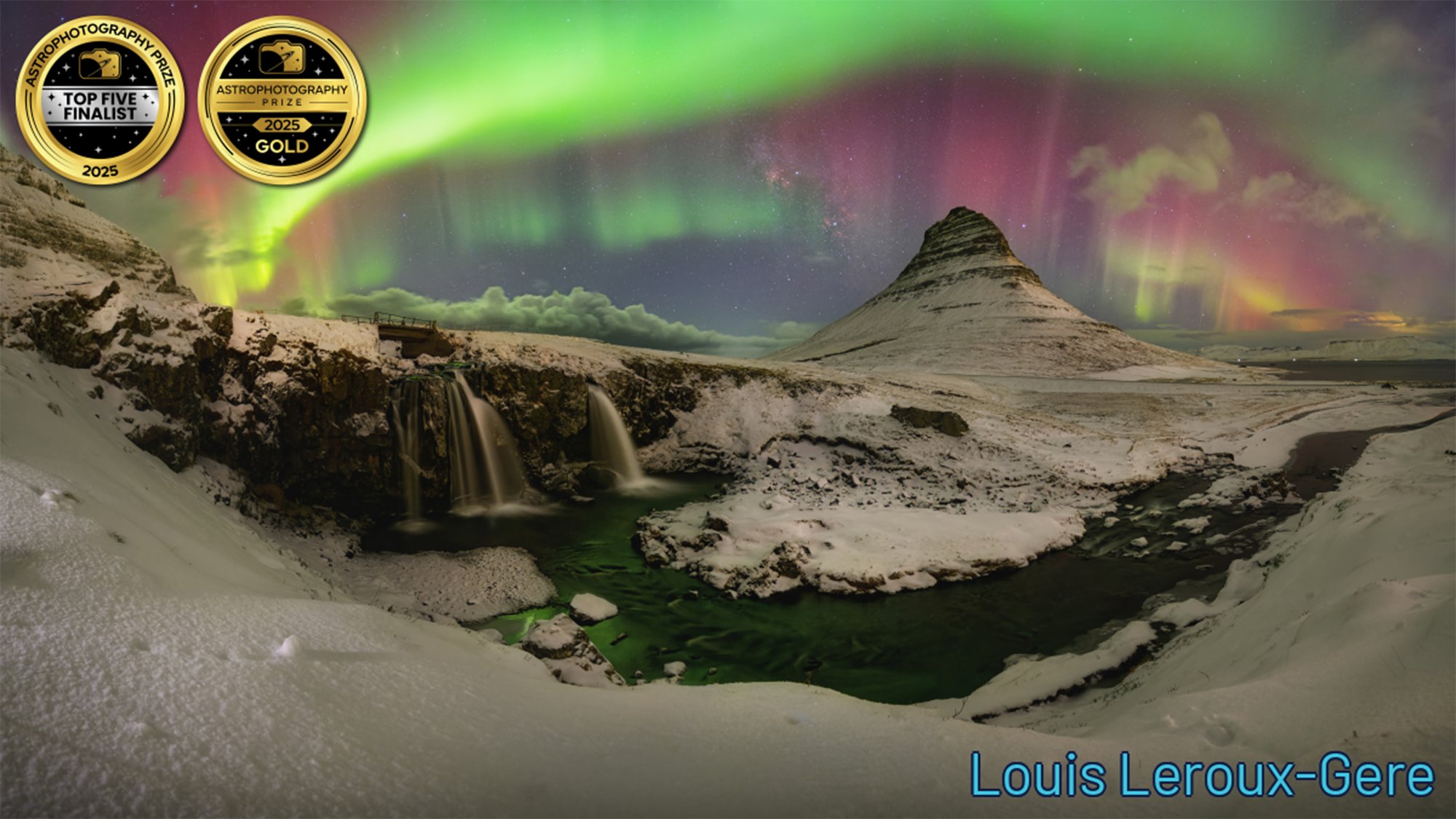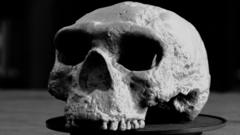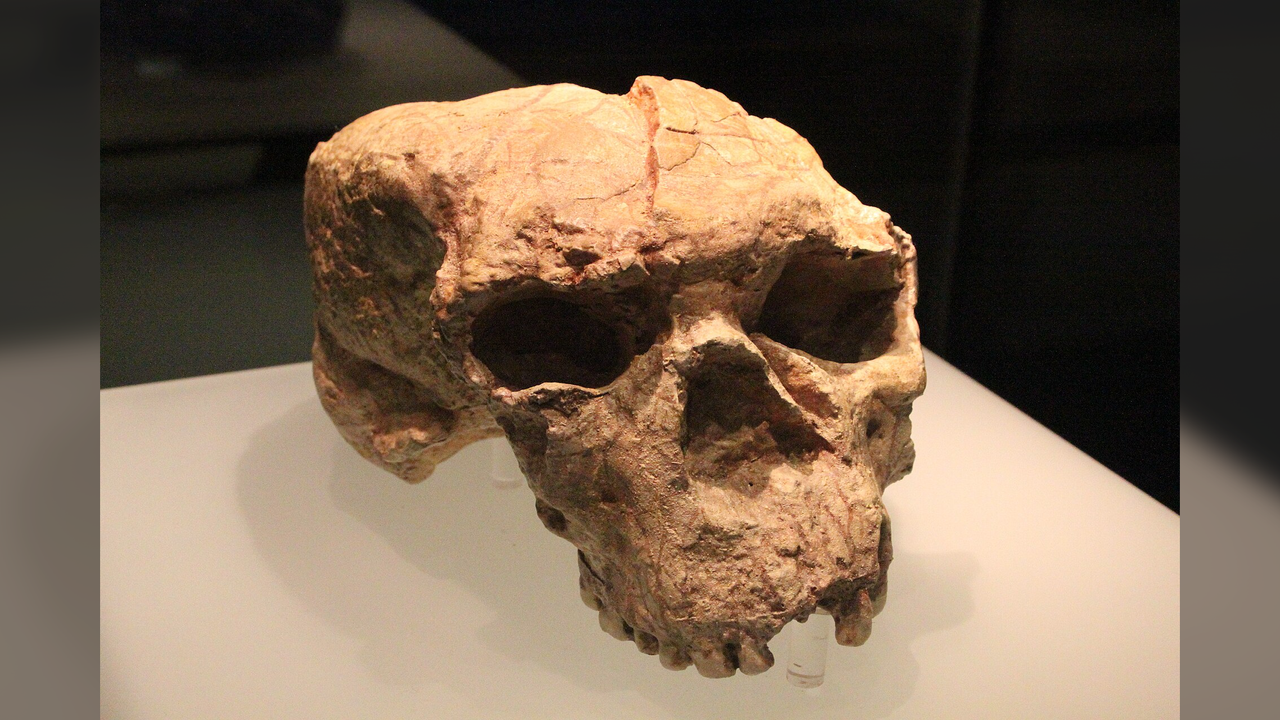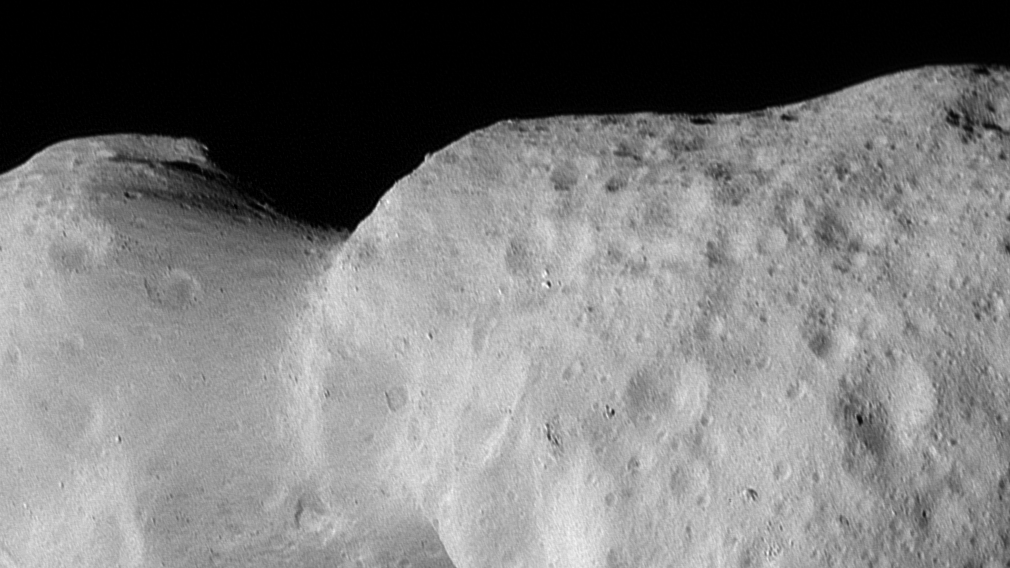For too long, colonial language has dominated space exploration. There is a better way
PositiveScience
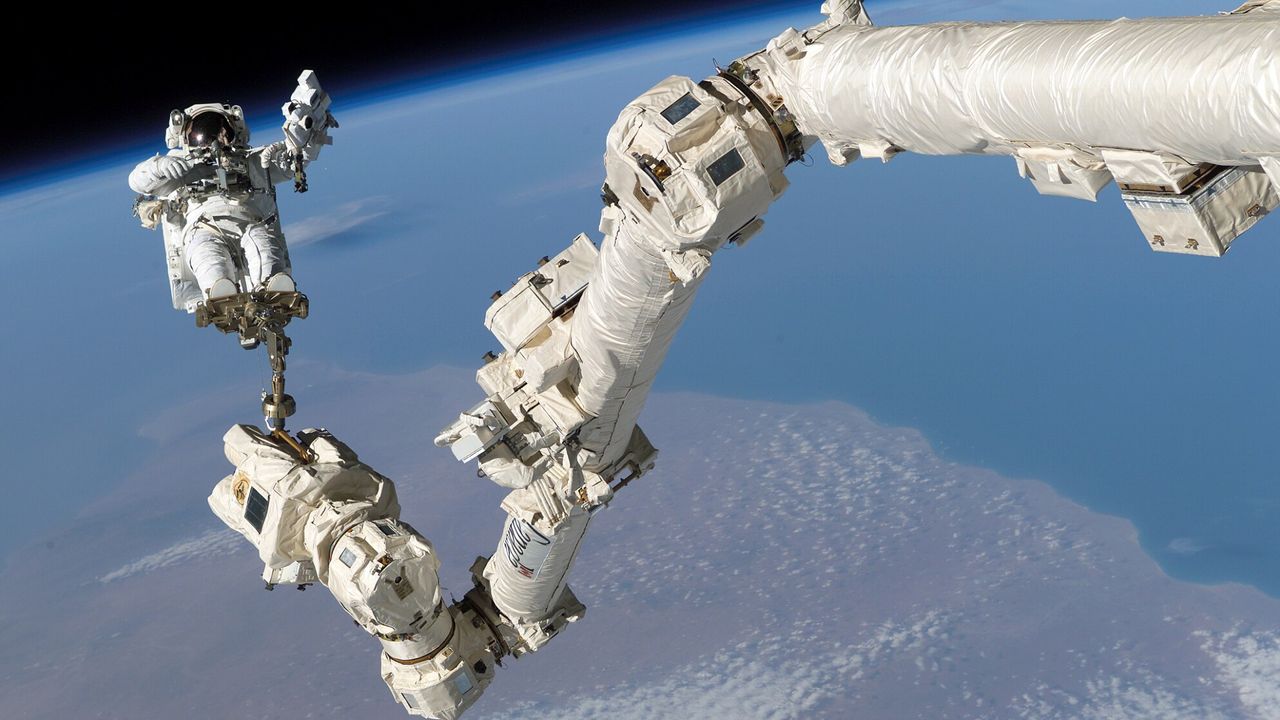
The article discusses the impact of colonial language on space exploration and advocates for a more inclusive approach to how we communicate about the cosmos. It emphasizes that the language we use not only reflects our current understanding but also shapes the future possibilities we envision. By adopting a more diverse linguistic framework, we can foster a richer dialogue about space that includes various perspectives and cultures, ultimately leading to a more collaborative and innovative exploration of the universe.
— Curated by the World Pulse Now AI Editorial System
